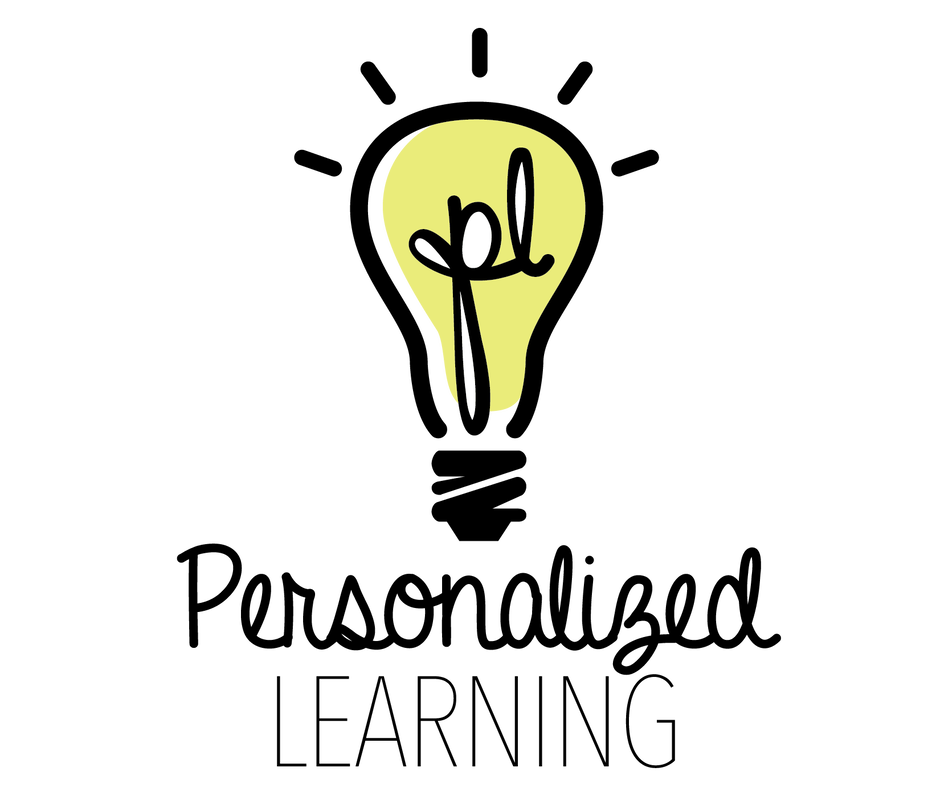Instructional Rigor
Phase 1
"Look-Fors" During Observation
Remember: The most helpful part of the observation is not checking off items, but the conversations and reflections that happen after the visit.
Remember: The most helpful part of the observation is not checking off items, but the conversations and reflections that happen after the visit.
|
Beginning/ Developing
|
Practicing/ Achieving
|
Questions to Guide Observation
- What types of activities are students engaged in? What do the activities ask of the student?
- Are different groups of students engaged in different learning experiences?
- Are learning experiences authentic, i.e., do they reflect a real-world problem or allow for real-world application?
- Are learning experiences rigorous? I.e., are the learning experiences appropriately challenging for the student based on data?
- Are learning experiences relevant to the student? I.e., do learning experiences reflect student interests and aspirations?
- What trends do you notice over time when observing?
- What evidence do you see in planning documents for scaffolding learners towards higher levels of cognitive rigor?
- What instructional and assessment practices allow students to transfer their knowledge and skill?
Resources
- Project-Based Learning, variety of resources to read, view and use (Articles, videos and templates from the Buck Institute for Education)
- Expeditionary Learning, resources searchable by topic, grade level, and discipline.
- Bloom’s Taxonomy, includes details on the original taxonomy as well as a recently revised taxonomy and links to other research-based resources (Article by the Center for Teaching at Vanderbilt)
- Deeper Learning, a video series that showcases 10 networks that are preparing students for success, (Videos by Teaching Channel)
- Myth-Busting Differentiated Instructions: 3 Myths and 3 Truths, take a look at differentiated instruction misperceptions (Article from Edutopia.
- Small Group Work With "I Choose", through a program called "I Choose" students rotate through interventions within RTI and attend their choice electives (Article by Edutopia).
- Levels of Understanding: Learning that Fits All, provides steps and framework for tiering the levels of understanding for students and offering multiple pathways (Article from Edutopia)
- Transfer as the Point of Education. In this blog, Grant Wiggins argues that, “The point of school is not to get good at school, but to effectively parlay what we learned in school in other learning and in life,” and gives information about how to better accomplish this as educators.
- TED Talk: The Ills of Standardized Testing: This TEDx Stanford talk by educational researcher and policymaker Linda Darling-Hammond shares the drawbacks of using Standardized Testing alone to measure student achievement and predict student success.
- Edutopia Blog on Performance Assessment Basics This article reviews what Performance Assessment is and how it supports learning.
- In an Edutopia Blog, John Larmer from the Buck Institute for Education articulates four ways in which projects can be authentic.
- What is Cognitive Rigor?: In this video Karin Hess describes what cognitive rigor is and gives examples of it. Here are the individual cognitive rigor matrices, which provide examples of what would get at different levels of cognitive rigor, available via Karin Hess’s website:
| Varied Learning Experiences, Coaching Tool | |
| File Size: | 733 kb |
| File Type: | docx |
| Varied Learning Experiences, Coaching Tool | |
| File Size: | 225 kb |
| File Type: | |


